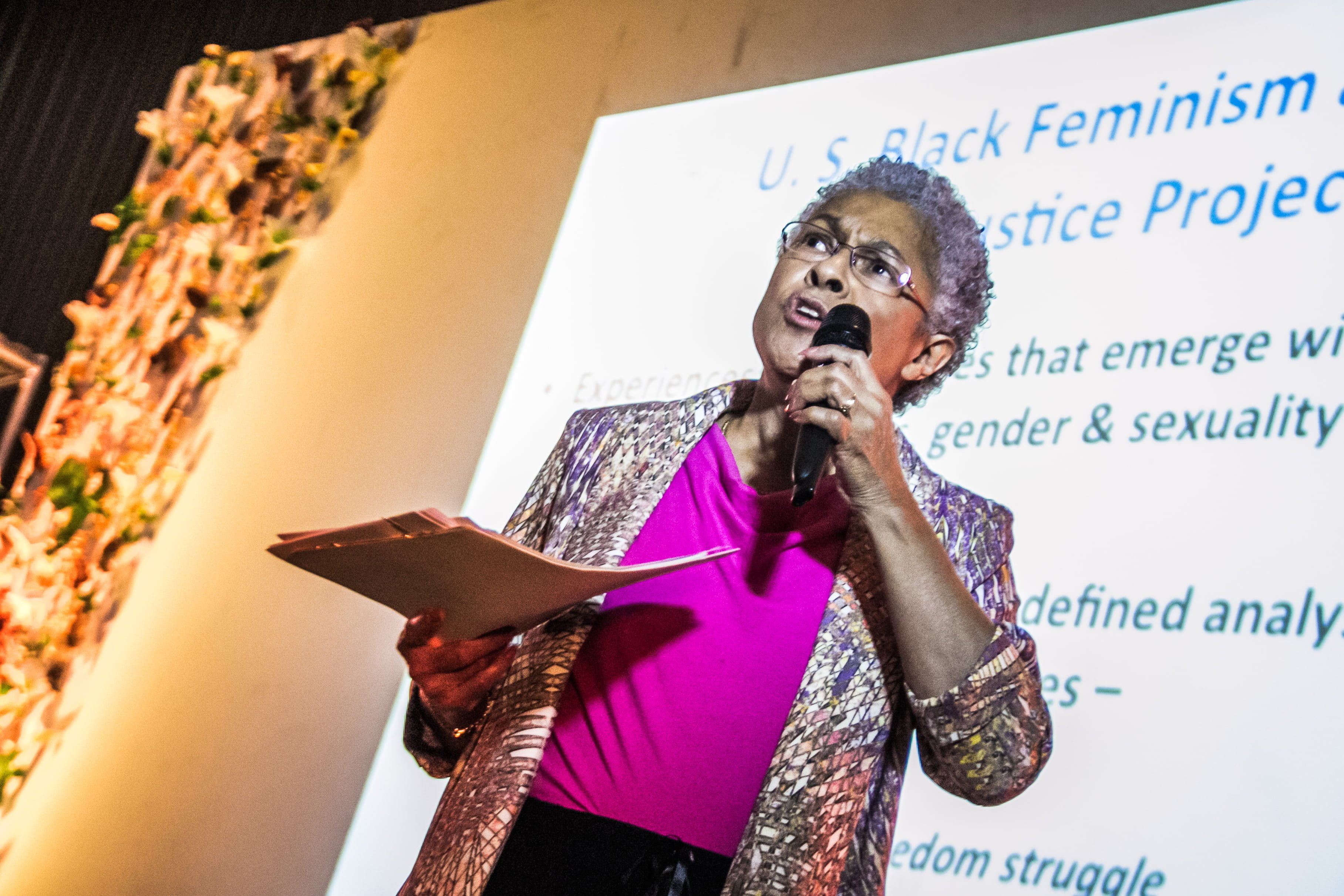

We also witnessed the increasing globalization of intersectionality as a field of critical inquiry and praxis. We saw the field grow from its initial emphasis on race, class, and gender to encompass sexuality, nation, ethnicity, ability, age, religion, and similar categories of analysis. For over two decades, we selected articles that examined how race, class, and gender increasingly informed one another, thereby collecting empirical evidence for intersectionality (Andersen and Collins, 2020). In Race, Class, and Gender, Margaret Andersen and I drew upon these narratives to map the emergence of intersectionality as a field of inquiry. These and other similarly subordinated groups also find themselves facing social problems that can neither be understood, nor solved in isolation. The complexities of the multiple resistant knowledge projects that inform intersectionality lie in the parallel and intertwining narratives of Indigenous peoples, refugee and immigrant groups, women, LGBTQ teenagers, religious and ethnic minorities, and poor people. My focus on Black women’s knowledge is one case among many. The terms race and gender signify the intersection of racism and sexism, with other terms added over time to flesh out contemporary understandings of intersectionality. This initial insight that both race and gender intersected reflected a methodology of bottom-up theorizing to address social problems. Black women could see, feel, and experience how the treatment of their bodies as simultaneously raced and gendered shaped the contours of their subordination. In Black Feminist Thought, I analyzed how African-American women resisted the dehumanization of chattel slavery by producing a self-defined oppositional knowledge. My intellectual journey to intersectionality informs this current book. But what role does knowledge play in such resistance? Throughout my intellectual work, I return to this core question by examining how individuals and groups who are oppressed within systems of power create and pass on knowledge that fosters their survival, resilience, and resistance. Whether visible or not, resistance to unjust power relations of race, class, and gender always exists, whether through faint memory or televised social protest.

Intersectionality as Critical Social Theory (Duke University Press, 2019, henceforth IACST) investigates how knowledge has been essential for resisting political domination.


 0 kommentar(er)
0 kommentar(er)
